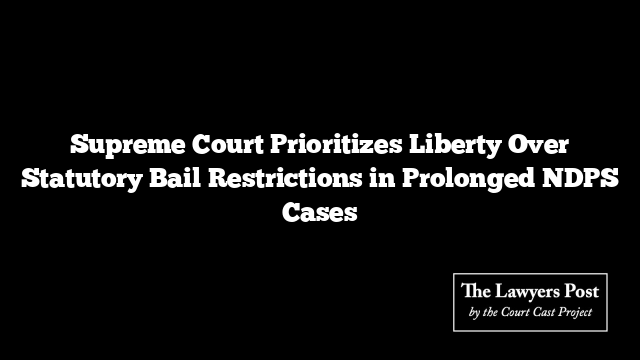At the heart of London International Disputes Week (LIDW) 2024, HKA and 39 Essex Chambers curated a compelling panel discussion titled ‘India: Changing face of Dispute Resolution in the new economic powerhouse.’ This event, held at the International Dispute Resolution Centre on June 6, 2024, brought together a distinguished panel of experts to shed light on the dynamic landscape of dispute resolution in India.
A Confluence of Expertise
The session featured an impressive lineup of speakers:
- Justice B.R. Gavai, Supreme Court of India
- Mr. Tushar Mehta, Solicitor General of India
- Advocate Shashank Garg
- Justice Alison Foster, High Court of England and Wales
- Mr. Nick Panes, HKA
- Mr. Vivek Kapoor, 39 Essex Chambers
- Mr. Kevin Nash, Registrar of SIAC (Moderator)
Key Takeaways
Justice Alison Foster emphasized the importance of laws being prospective, consistently applied, stable over time, and non-arbitrary. She underscored the effectiveness of international arbitration in resolving disputes.
Moderator Kevin Nash highlighted the cost-effectiveness of institutional arbitration over ad-hoc arbitration, noting the increasing prevalence of Indian-seated arbitration.
Mr. Nick Panes touched upon global elections, with a particular focus on India’s intriguing electoral outcomes.
Advocate Shashank Garg discussed the Arbitration Bar of India (ABI), an initiative by the Attorney General to bridge gaps in soft law. He suggested that any government-related arbitration review should be certified by the Attorney General or Solicitor General.
Mr. Tushar Mehta delved into the rule of law’s foundational role in India’s Constitution, empowering citizens to directly approach Constitutional Courts. He elaborated on the architecture of the Arbitration Act, 1996, and the impartial nature of arbitration, noting that government influence is balanced by the selection process of arbitrators.
The Path Forward
The discussion painted a comprehensive picture of India’s evolving dispute resolution framework, highlighting both challenges and advancements. By fostering a deeper understanding of the legal landscape, this panel contributed significantly to the ongoing dialogue on India’s role as a burgeoning economic powerhouse and its commitment to robust, equitable dispute resolution mechanisms.





